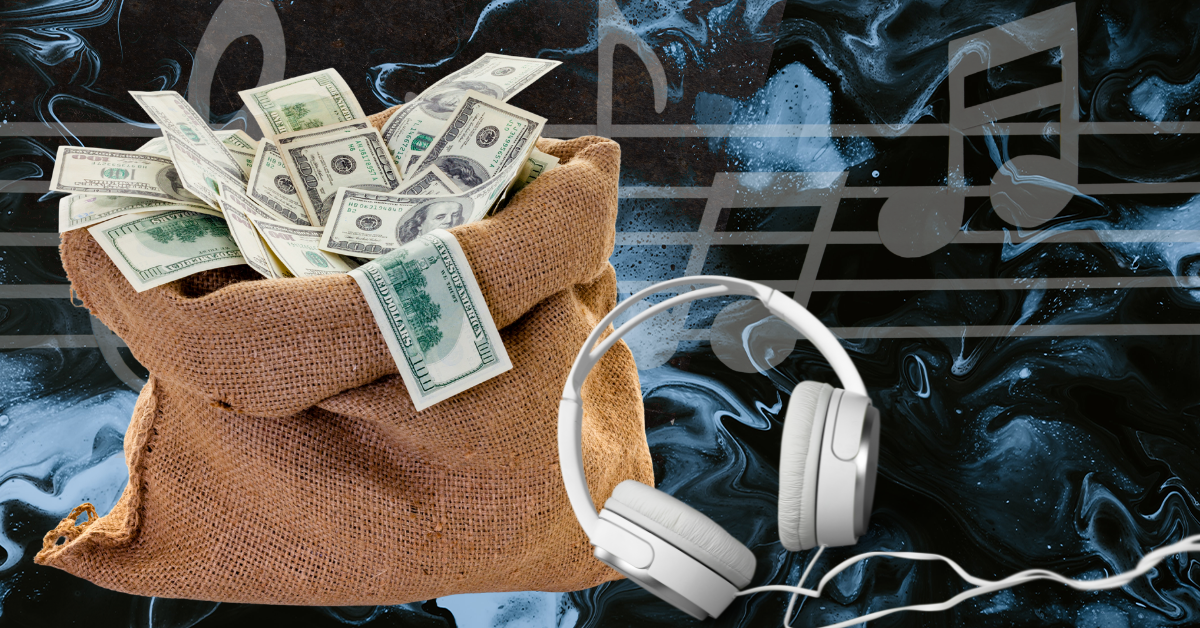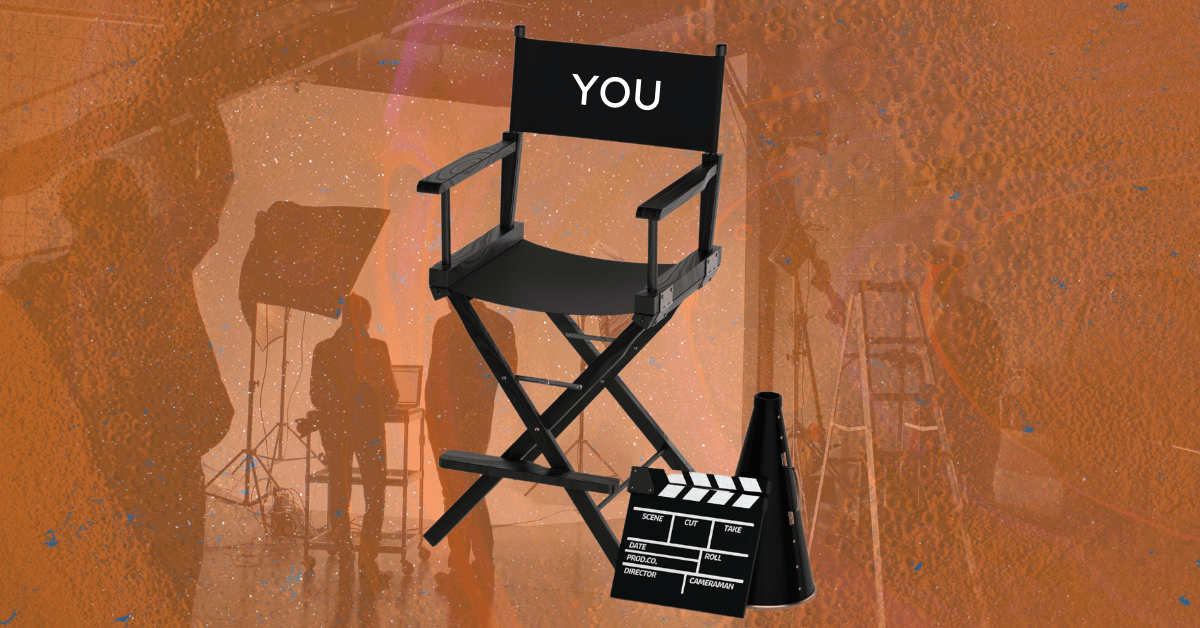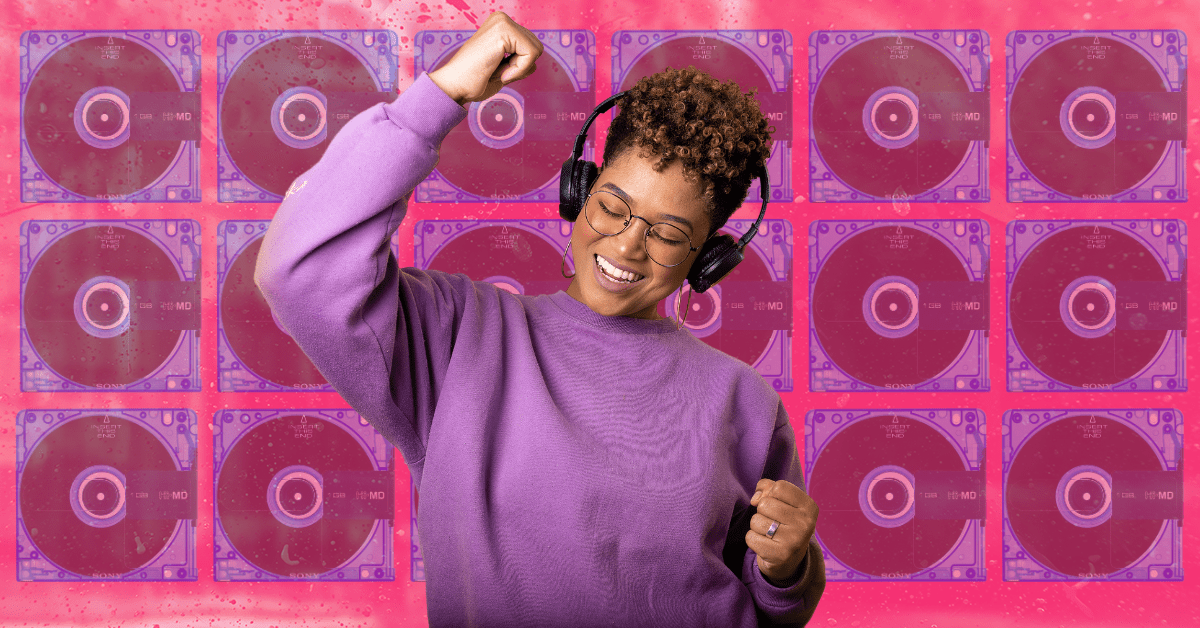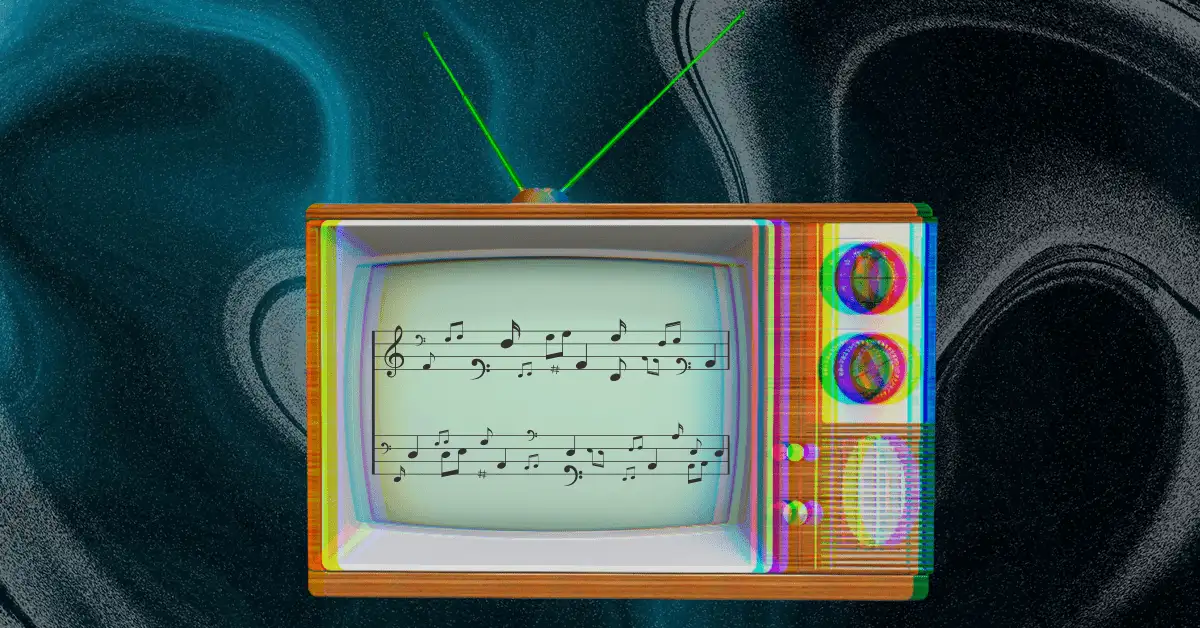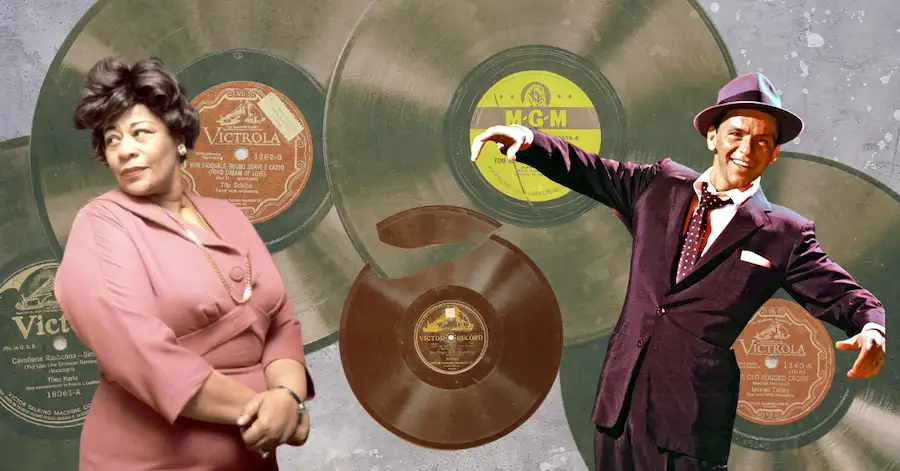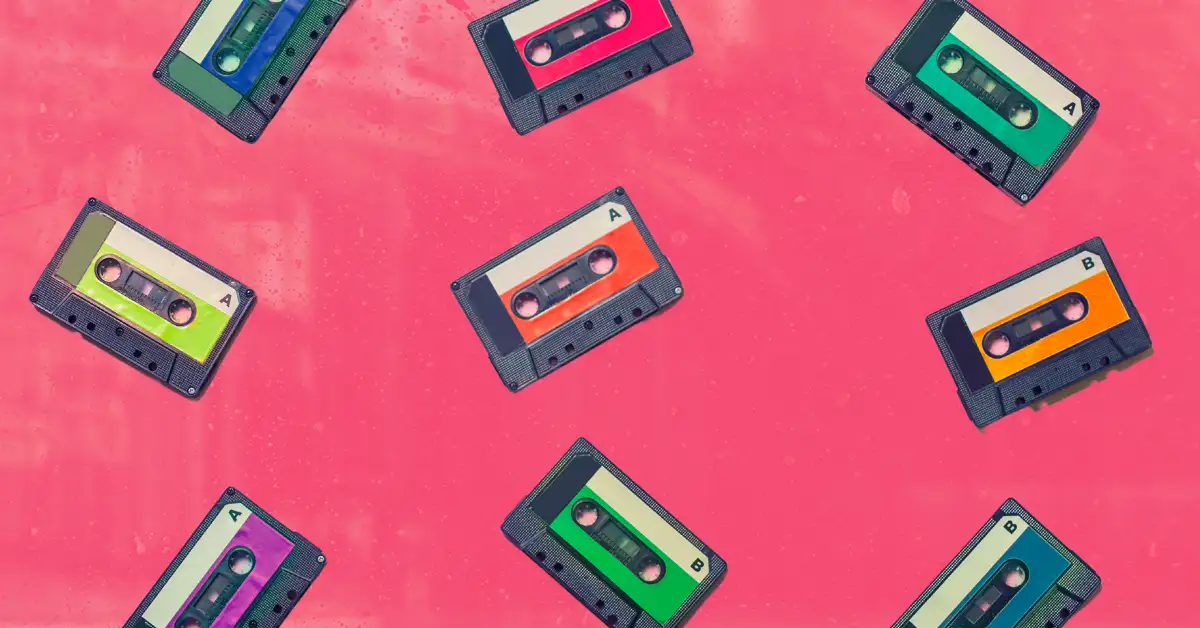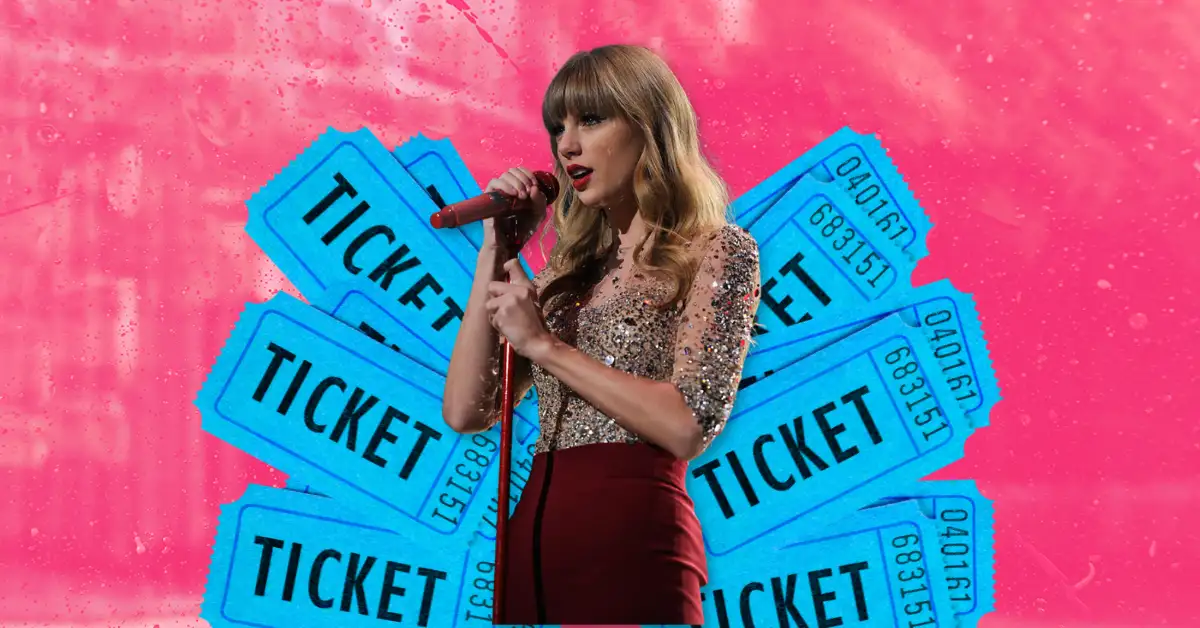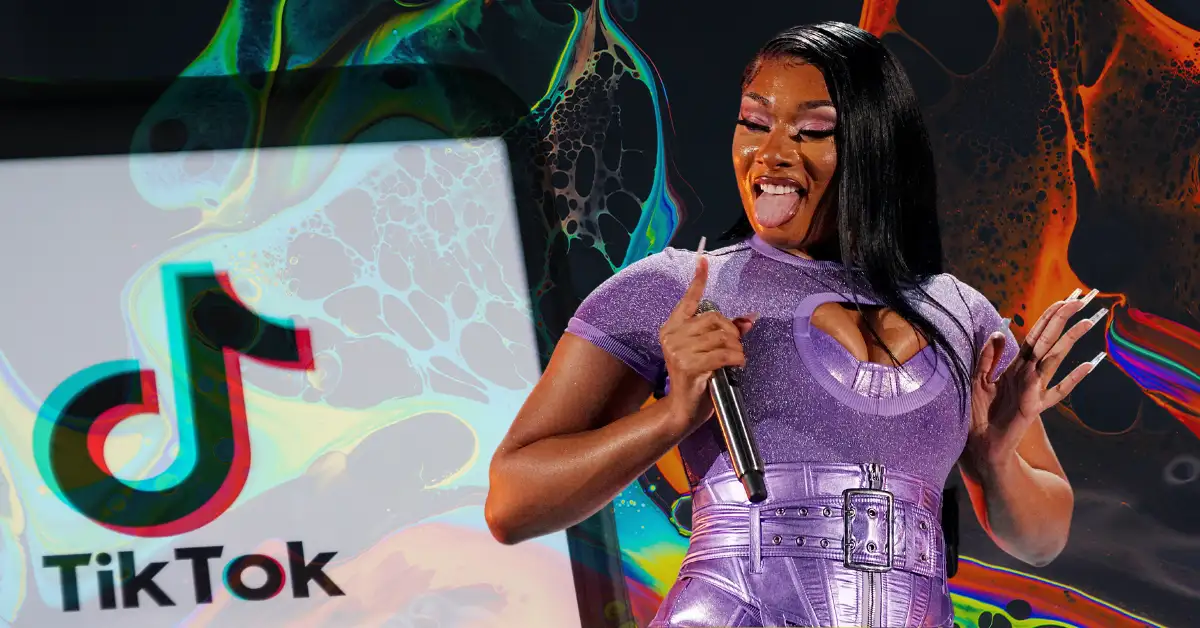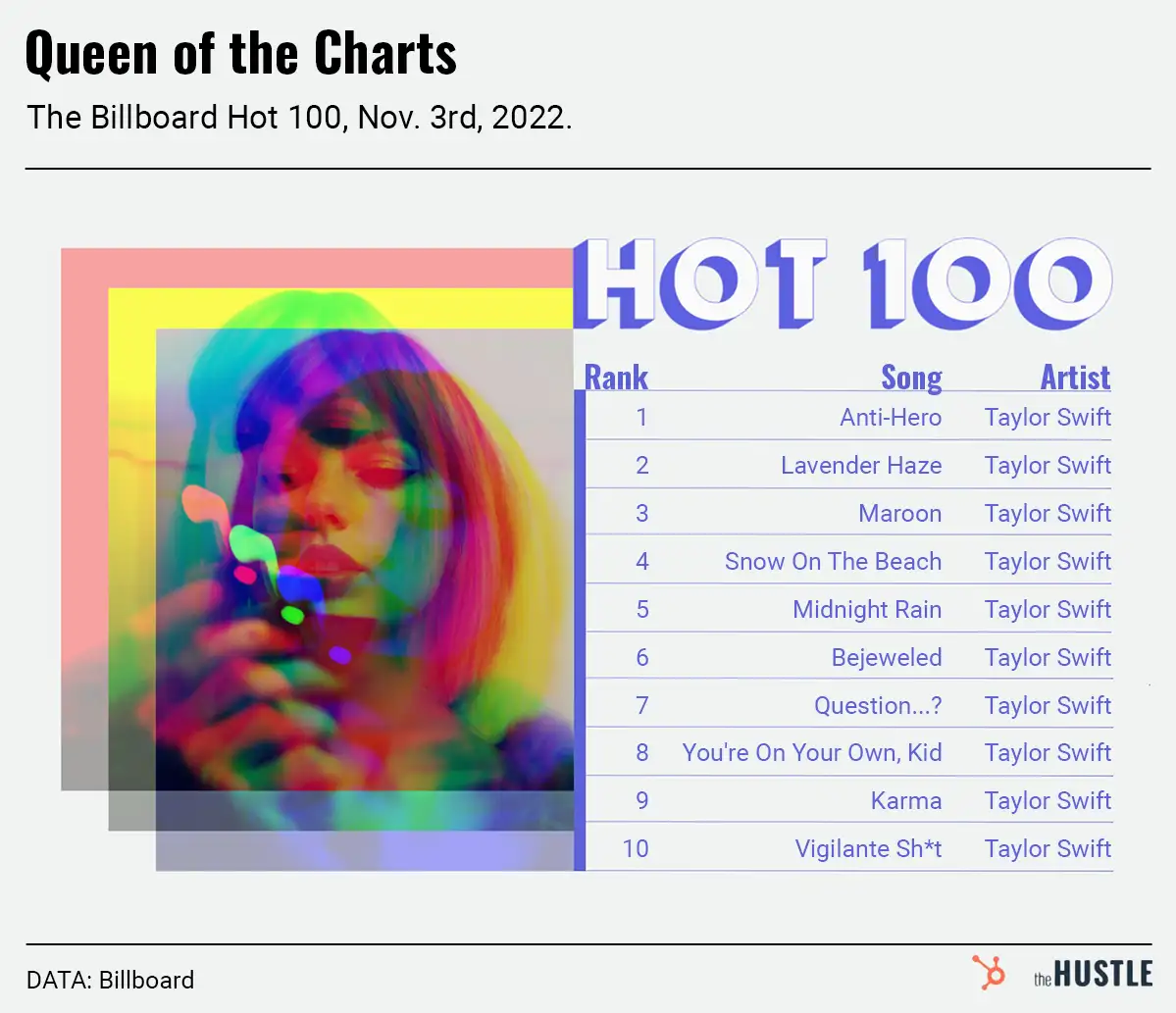In 1983, during a recording session, Beatles legend Paul McCartney told Michael Jackson that music rights were a great investment.

The King of Pop turned around and purchased 251 songs by The Beatles for $47m — and McCartney has spent the last 30+ years trying to get them back.
Today, musicians are increasingly heeding McCartney’s words of wisdom.
Music catalogs = big $$$
In the last few days, we’ve seen some blockbuster song catalog deals:
- Bob Dylan sold his catalog of 600+ songs to Universal Music Publishing Group for $300m+
- Stevie Nicks (Fleetwood Mac) sold an 80% stake in her catalog to the music publisher Primary Wave for ~$100m
According to the Wall Street Journal, music catalogs have exploded in value, largely thanks to the rise of streaming services.
A catalog now fetches 10-20x annual royalties compared to 8-13x just a few years ago.
How music royalties work
According to The Economist, 2 copyrights are created when a song is recorded:
- One on the composition of the song
- Another on the actual recording
Each of those rights are then split into 3 parts:
- Mechanical rights (sold in a physical format or streamed)
- Performance rights (played on the radio or live at a concert)
- Synchronization rights (appears in film, TV, or games)
Ventures like Royalty Exchange (a marketplace for royalties) and Hipgnosis (a publicly listed song fund that has spent $800m+ to own 13k+ songs) have built businesses making sense of these income streams.
Royalties are attractive to investors…
…because they offer a few solid benefits per The Economist:
- Steady income in a world of low interest rates
- Low correlation to other asset classes (will pay out largely independent of the macro environment)
- Passivity (songs kind of play on their own)
As for McCartney, things are looking up.
After a multiyear legal battle with Sony/ATV, which took over Jackon’s rights, he finally reached a private settlement. By 2026, he should have control of his Beatles songs, which are already worth in excess of $1B.
Music

